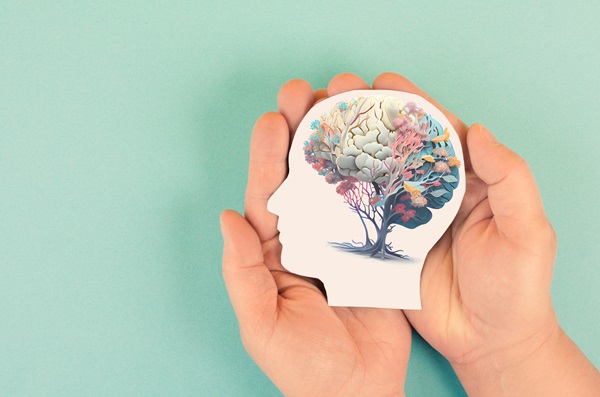
For many people, the barrier to mental health support isn’t financial or accessibility but rather believing certain things about counselling and the therapeutic processes that simply are not true. These beliefs can prevent people from seeking out much needed mental health support. In this blog, the first for the season, these counselling myths will be explored and disproven, with some helpful information on how best to seek out help.
Myth #1: Counselling is only for people who are seriously mentally ill.
This belief makes people feel like their issues are not important or relevant enough to receive help for. This could not be further from the truth. We all experience our own difficulties in life, and there never has to be a crisis- level event in order to access counselling. If you have noticed that you feel a bit different; your mood has shifted or you are no longer feeling excited about things the way you used to, that is a great theme to discuss with a counsellor.
Myth #2: Talking to your friends or family is the same thing as talking to a counsellor.
Discussing your personal issues with friends can certainly be helpful, but it cannot replace a trained professional, and in fact, it could damage your friendships if all you talk to them about are your personal issues. Counsellors are trained to hold space, actively listen, offer guidance and suggestions, as well as make educated referrals to other agencies if the need arises. They also have training to manage the difficult emotions that can arise when discussing deeper issues. This principle also applies to using social media or A.I. as a substitute for counselling; helpful tools both, but they simply cannot replace the training, experience, or humanity of a counsellor.
Myth #3: A counsellor will just tell you what to do or how to best solve your problems.
A counsellor’s role is to support you, not tell you what to do. Counselling is about working through problems alongside a trained professional who can offer coping strategies as well as point out irrational or unhelpful thoughts and behaviours. Ultimately, major life decisions or choices are not made by the counsellor, but rather the client.
Myth #4: Counselling always involves digging into your past or exploring trauma history.
For many people, counselling will focus on the here and now, with time spent with the counsellor creating realistic goals and ways to achieve them. For others, it is about feeling validated and listened to as they discuss their lives. There are some that benefit from trauma and healing work, but it doesn’t mean that it is the only approach.
Counselling can be informative, eye opening, and useful for those who want to engage not only with a counsellor, but also with themselves. At Walmsley EFAP, we understand that counselling can be an intimidating experience full of questions and doubt, but once you make that call, we pledge to do our best to ensure that it goes smoothly for you right from the beginning.
Walmsley EFAP
